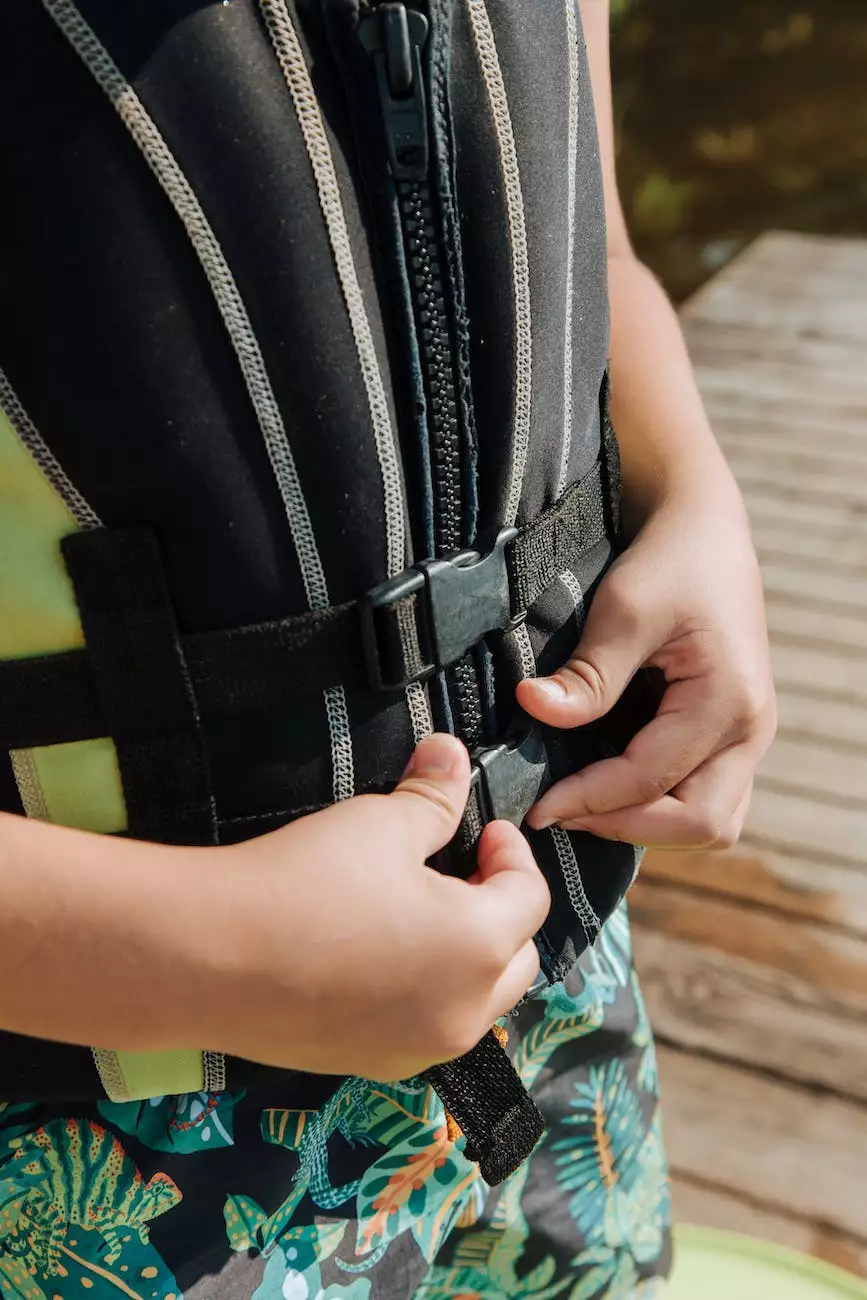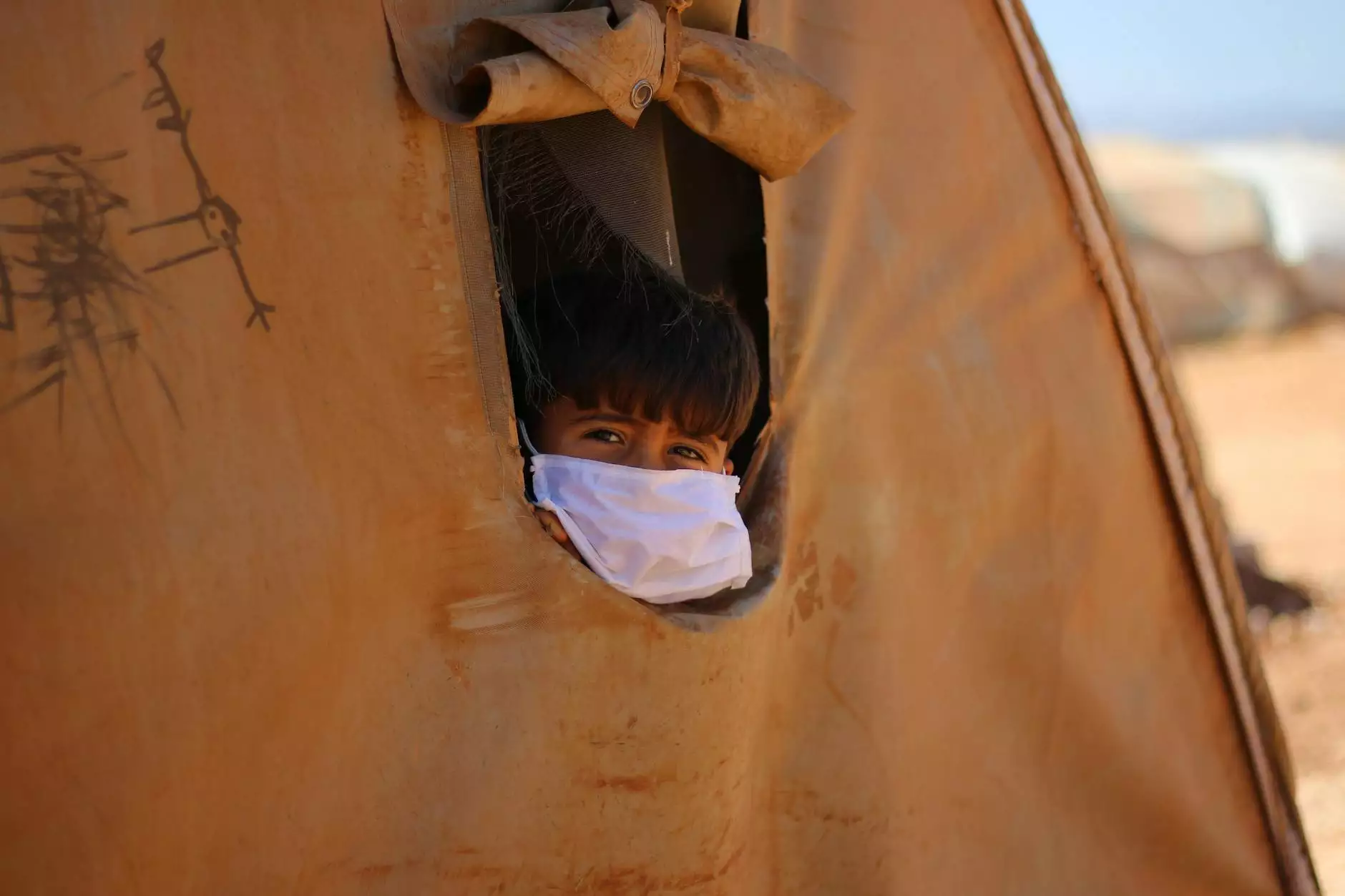Summer Camp Prep for Kids With Allergies, Asthma
Blog
At Bowling Orthopaedics, we understand the concerns parents have when it comes to sending their children with allergies and asthma to summer camp. As a trusted name in the healthcare industry, we have compiled a comprehensive guide to help you prepare your child for a safe and enjoyable summer camp experience, without compromising their health.
Understanding Allergies and Asthma
Before diving into the preparations, it is important to have a clear understanding of allergies and asthma and their potential impact on your child's well-being. Allergies occur when the immune system reacts to a harmless substance, such as pollen, dust mites, or certain foods. Asthma, on the other hand, is a chronic condition that affects the airways, causing difficulty in breathing.
Both allergies and asthma can be triggered by various factors, including environmental allergens, certain foods, exercise, or respiratory infections. Understanding these triggers is crucial in managing your child's condition and ensuring their safety throughout their time at summer camp.
Choosing the Right Summer Camp
When selecting a summer camp for your child with allergies and asthma, it is essential to prioritize their health needs. Look for camps that have experience accommodating children with specific medical conditions. Check if they have trained staff members who can administer medication and provide necessary support in case of an emergency.
Additionally, inquire about the camp's facilities and policies regarding allergen exposure and asthma triggers. It is important to find a camp that takes proactive measures to minimize potential risks, such as ensuring a clean and allergen-free environment, implementing appropriate dietary restrictions, and maintaining proper ventilation.
Preparing a Medical Plan
Prior to sending your child to summer camp, it is crucial to consult with their healthcare provider and develop a detailed medical plan. This plan should outline your child's specific allergies and asthma triggers, as well as the medications and treatment options prescribed by their doctor.
Ensure that the camp staff is well-informed about this medical plan and fully understands the necessary steps to be taken in case of an allergic reaction or asthma attack. Provide them with an emergency contact number for your child's healthcare provider, as well as any additional instructions regarding medication administration or specific care requirements.
Packing Essentials
When packing for summer camp, make a checklist of essential items to ensure your child's health and comfort. Consider the following:
- Medication: Pack an ample supply of your child's prescribed medications, including emergency inhalers, antihistamines, and epinephrine auto-injectors, if needed.
- Medical Documentation: Include a copy of your child's medical history, allergies, and asthma action plan, along with any relevant emergency contacts.
- Allergen-Free Snacks: Pack allergen-free snacks and food options to ensure your child has safe dietary choices during their time at camp.
- Protective Measures: Consider providing your child with bedding encasements to protect against allergens and dust mites, as well as insect repellents to minimize outdoor allergen exposure.
- Miscellaneous: Don't forget to pack sunscreen, comfortable clothing suitable for various weather conditions, and any personal care items specific to your child's needs.
Communication with Camp Staff
Establishing open lines of communication with the camp staff is vital in ensuring your child's well-being. Inform them about your child's allergies and asthma triggers, and discuss any concerns or individual requirements. Provide them with your contact information and encourage them to reach out to you whenever needed.
Additionally, consider sharing your child's medical plan with the camp nurse or health personnel, if available. This will give them a comprehensive understanding of your child's condition and enable them to provide prompt and appropriate care when required.
Education and Empowerment
Empowering your child with knowledge about their allergies and asthma is essential in their ability to independently manage their condition. Teach them about their triggers, how to properly use their medication and inhalers, and what steps to take in case of an emergency.
Encourage them to communicate their needs to camp staff and fellow campers, making sure they understand the importance of avoiding potential allergens and environmental triggers. By equipping your child with this knowledge, you are fostering confidence and self-reliance, enabling them to fully enjoy their summer camp experience.
Conclusion
Sending your child with allergies and asthma to summer camp can be a daunting task, but with the right preparation and guidance from Bowling Orthopaedics, you can ensure a safe and fulfilling experience. By understanding their unique needs, communicating with camp staff, and equipping them with essential tools, you are setting your child up for a successful summer camp endeavor.
Remember, Bowling Orthopaedics is always here to provide support and answer any questions you may have regarding summer camp prep for kids with allergies and asthma. Contact us today to learn more and make sure your child is ready for an unforgettable summer adventure!




